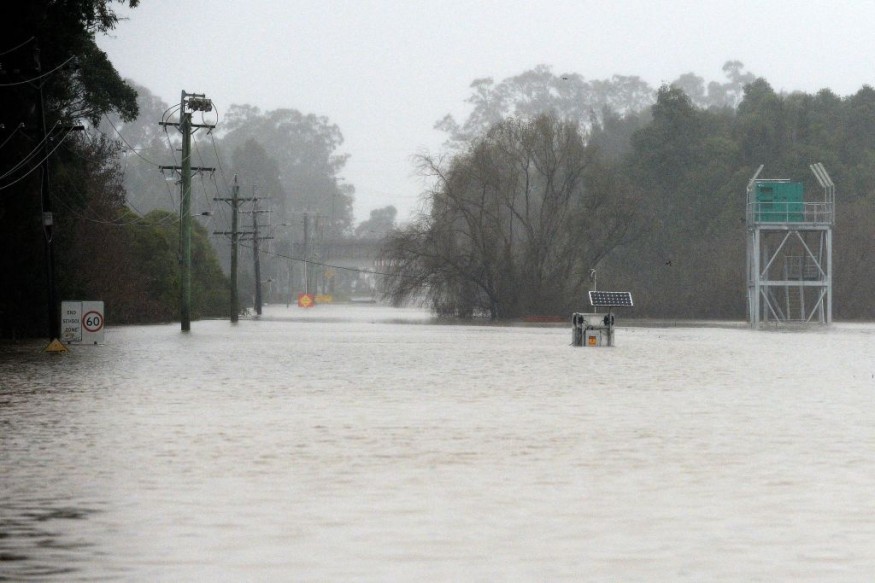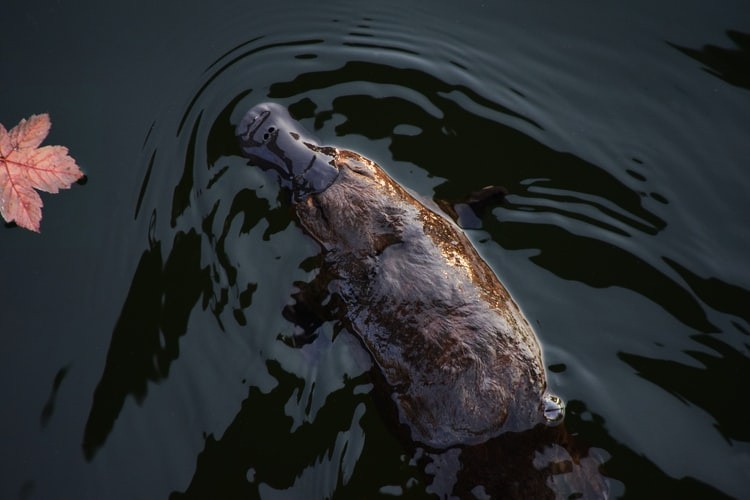Platypus population worries following Queensland and NSW floods. Ecologists advised residents to watch platypuses amid signs of a "serious drop" in Ipswich.

Growing Anxiety

Fears that the recent floods in Greater Brisbane may have wiped out platypus populations have renewed efforts for the species to be listed as Threatened on a federal level.
The iconic monotreme is not formally categorized as threatened in Queensland or New South Wales, despite the platypus being classed as vulnerable in Victoria and threatened in South Australia.
But ecologists who study platypus in those latter states think that Victoria's platypus listing may largely be due to the species' better and longer monitoring there.
They've called for help, asking citizen scientists to look for the elusive animal and give the essential raw data for managing and protecting its environment.
Fear of Silent Extinction
Dr. Gilad Bino, a researcher at the University of NSW, claimed that urban growth, land clearance, and habitat degradation amplify the effects on platypuses of a succession of natural catastrophes that devastated Australia's east coast.
According to Bino, the platypus will likely become extinct in locations where there have been catastrophic droughts, fires, and floods.
Bino, whose study mostly examines the NSW mid-north coast, expressed concern that silent extinctions may have already occurred.
However, he said there is no widespread population monitoring for the platypus, making it an elusive animal.
"We thus depend on a small number of high-quality polls," he stated.
Studying the Environment

Tamielle Brunt, a Ph.D. candidate at the University of Queensland, conducted one of those surveys.
For seven years, Brunt has been looking for signs of platypuses in the greater Brisbane area's rivers using environmental DNA (eDNA) technology.
Given the devastating flooding that swept across her survey locations, she highlighted this year's tests as being among the most crucial.
Some of the results are depressing to read.
The Ipswich council was given a summary of her eDNA data last month, showing a "serious drop" in the platypus population.
Because of the limitations of eDNA testing, Brunt claimed she could not determine if platypus populations in certain streams were now extremely low or had "totally gone."
It concerns in any case, she continued.
Various Factors
In urbanized places, where water rushes off hard surfaces into roaring torrents, stripping banks of vegetation and drowning baby platypuses, or "puggles," in their burrows, Brunt said flooding is exacerbated.
Additionally, sediment from cleared land may cover riverbeds and create deep pools that store water during dry spells.
In locations that did not yield any platypus eDNA this year, the Ipswich council report observed vegetation removal and development.
The building had "continued to escalate" during the previous 12 months.
To maintain peri-urban platypus populations, according to Brunt, developers must take steps to control sediment runoff; however, because the species is not currently listed as a threatened species in Queensland, it "doesn't get much of a look in when it comes to development assessments."
Call For Action
Brunt invited people to participate in platypus-spotting initiatives, record sightings, and take photos of them.
They are a species that will vanish without leaving any trace.
According to Bino, "local extinctions happen." Still, in ecosystems in good condition, a group of platypuses that has been lost or dispersed due to a tragedy may be recolonized by nearby groups.
That recolonization frequently cannot occur in a landscape divided by dams and highways or by areas of "good habitat and bad habitat."
Bino said, "So those platypuses are extinct forever."
For the most recent updates from the animal kingdom, don't forget to follow Nature World News!
© 2025 NatureWorldNews.com All rights reserved. Do not reproduce without permission.





